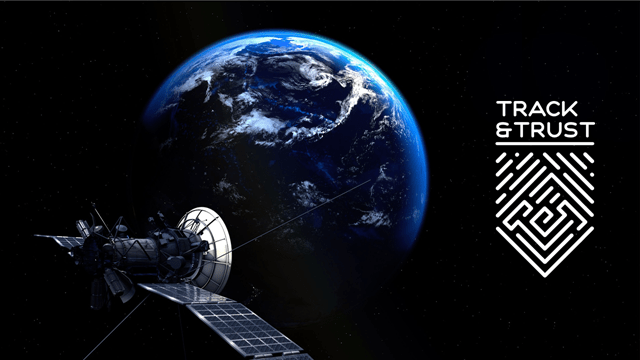Martin Schäffner

Whenever a crisis occurs, humanitarian organisations, their suppliers and logistics partners need to react as fast as possible to send urgently required goods to the people in need. During the previous months, we at Datarella have been working together with the UK Department for International Development’s innovation and future technology program, Frontier Technology Livestreaming, to enable transparency, collaboration and efficiency gains in humanitarian supply chains by implementing a blockchain-based tracking system. Now we are going to expand our ambitions by tackling the challenges of tracking the last-mile delivery, which is due to its demanding circumstances especially problematic. This is the second in a series of blog posts describing the work so far as well as what we’ve got planned. If you are not familiar with the Track & Trust story click here to learn about it.
Each humanitarian mission has its own specific challenges. Often, the conditions of roads are uncertain, and the telecommunication infrastructure is destroyed or unavailable. One of the biggest problems is keeping track of the chain of custody after the consignee receives goods from customs in-country.
Documentation about the current ownership and transactions of goods is mostly done manually, which makes it vulnerable to human error or fraud. As a consequence, high transaction and transportation costs occur since the implementing parties have a hard time finding out if the goods arrived properly at their destination.
To solve the problem of last-mile tracking within the humanitarian supply chain, we at Datarella applied for and received a kickstarter project grant from the European Space Agency. We are building out a series of prototypes to prove that our technical approach works while also engaging with our partners in humanitarian aid operations to test our assumptions.
As a solution, we propose our Track and Trust System combining bleeding edge blockchain and IoT technology to close the documentation gap in the last mile.
Hereby, we need to tackle two main challenges:
- The solution needs to document transactions of goods and their location in the blockchain without being directly connected to the internet.
- No expensive, eye-catching or complicated hardware can be installed in the trucks, which are delivering the goods since it might be stolen, endanger the driver or might be too complex used easily by drivers.
To solve the problem of offline data transmission, Datarella is working together with Orora Technologies to test the usability of a LoRa-Based Mesh Network. With the help of this low-cost, self-healing network data will be transmitted to the satellite base station. From there it will be uploaded using efficient Short Burst Data transmissions to the Globalstar satellite constellation.
Finally, all transactions will be saved into a private permissioned Ethereum blockchain to create a transparent and tamper-resistant register of transactions, which will serve the stakeholders as a single source of truth.
Over the next few weeks we’ll be describing our work to solve last mile delivery issues by augmenting the existing Track & Trust system with various offline capabilities.
We’ll be writing a series of blog posts outlining the work so far and what’s coming up soon. Stay tuned!
